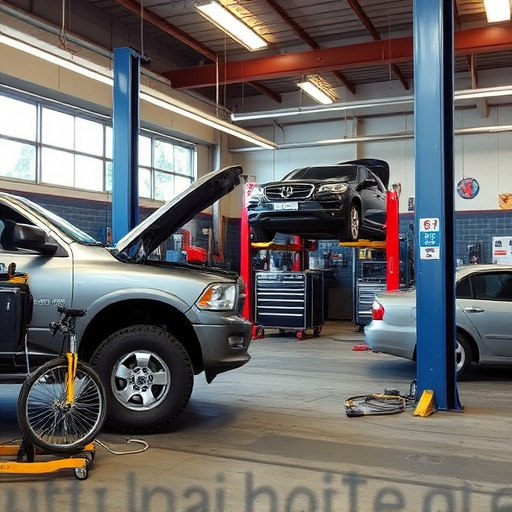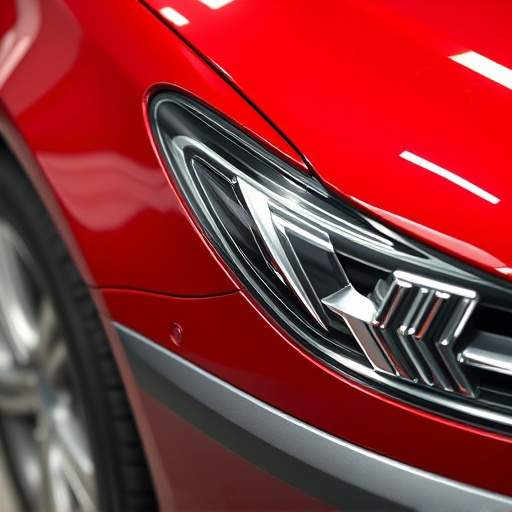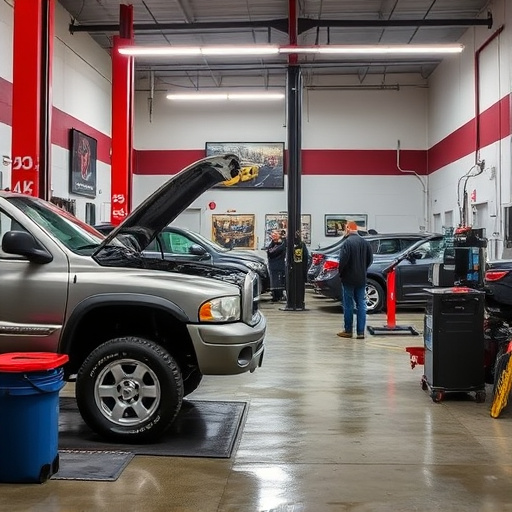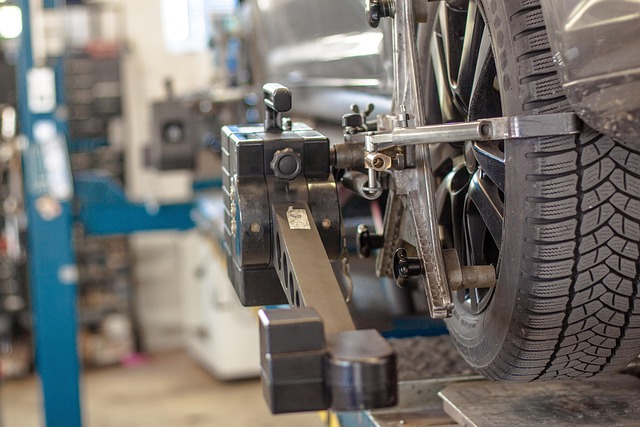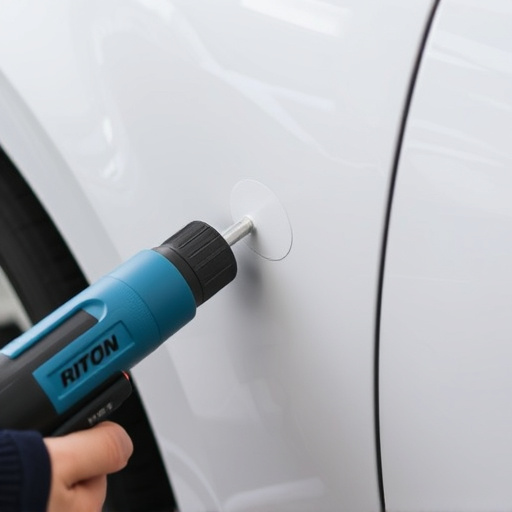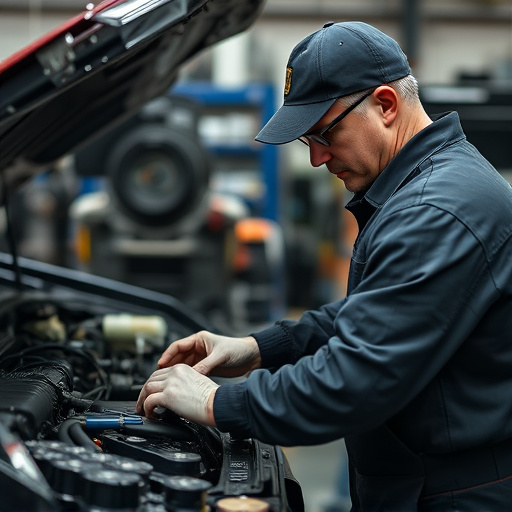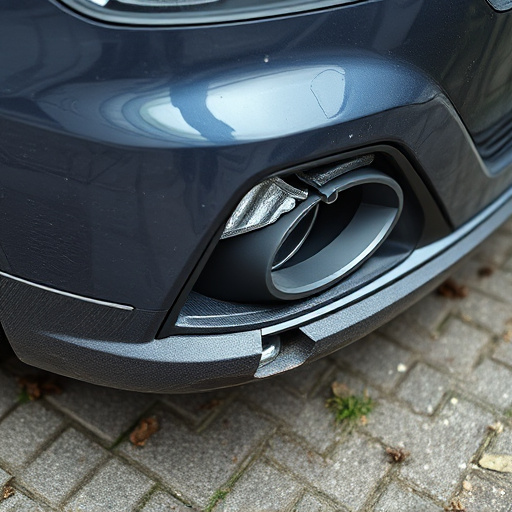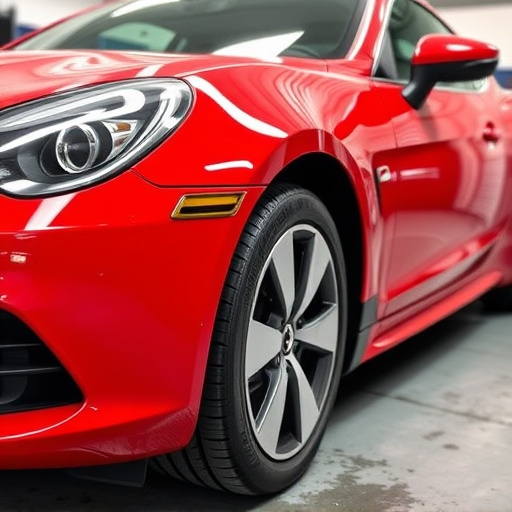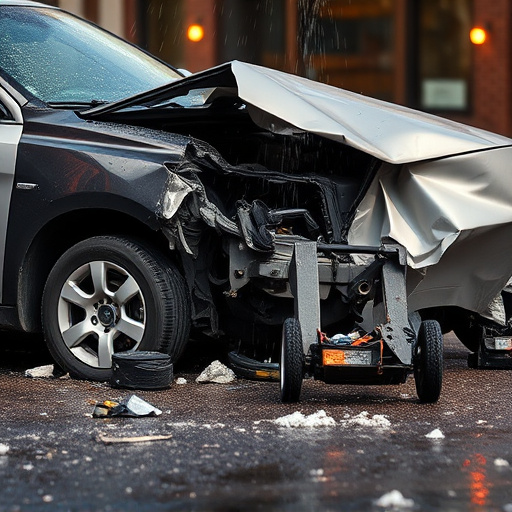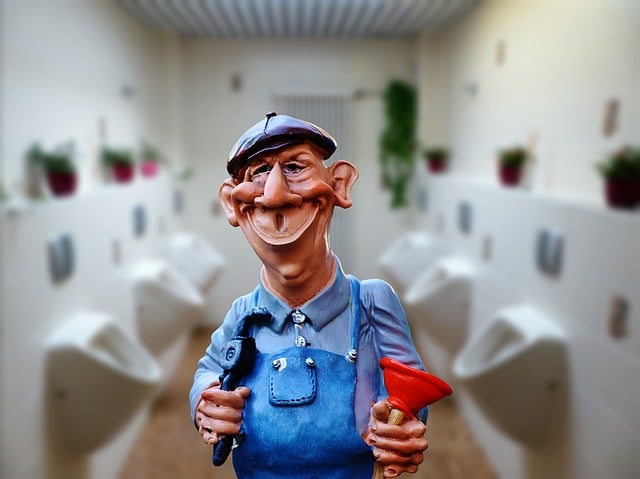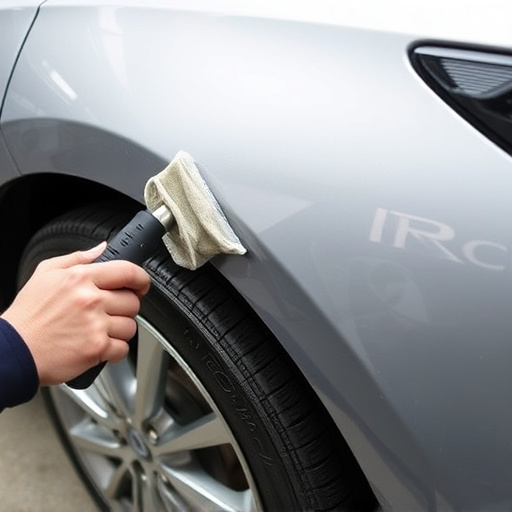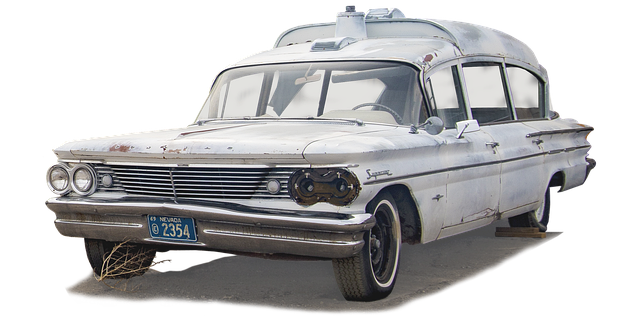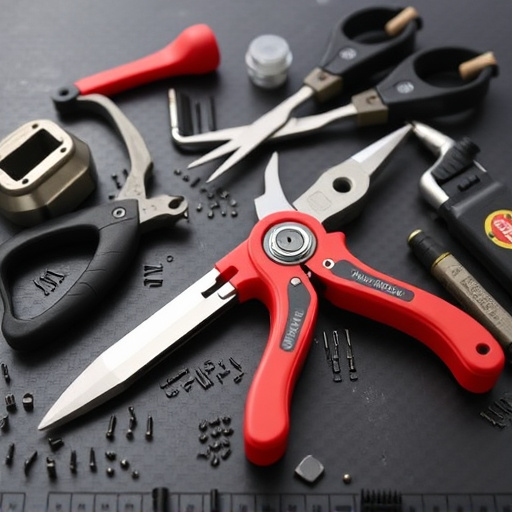Classic car restoration shops preserve automotive history by using original parts and techniques to restore vehicles. This specialized service caters to enthusiasts valuing authenticity, offering higher profit margins due to premium pricing. By building loyalty and expertise in delicate repairs, these shops attract dedicated customers, enhance reputations, and make sound investments in a market driven by customization and nostalgia.
In today’s fast-paced world, classic car restoration may seem like a niche pursuit, but it holds immense significance for auto shops. Preserving automotive history through vintage vehicle restoration not only keeps alive iconic models from the past but also offers substantial economic benefits. Moreover, it enhances shops’ skills and reputation, attracting a dedicated customer base that values craftsmanship and heritage. This article explores why classic car restoration matters, delving into its historical, financial, and reputational advantages for auto shops.
- Preserving Automotive History: Why Classic Cars Matter
- The Economic Benefits of Restoring Vintage Vehicles
- Skills and Reputation: Advantages for Auto Shops
Preserving Automotive History: Why Classic Cars Matter

Classic cars are more than just a nostalgic reminder of bygone eras; they are a significant part of automotive history. Preserving these timeless vehicles is essential for several reasons, especially for auto shops. Every classic car tells a story, reflecting the evolution of design, engineering, and culture. Restoring these vehicles ensures that these narratives remain intact, allowing future generations to appreciate and understand our automotive heritage.
By specializing in classic car restoration, auto shops not only contribute to historical conservation but also attract enthusiasts who value authenticity. It involves meticulous craftsmanship, utilizing original parts and techniques to revive the vehicle’s former glory. This process includes intricate tasks such as vehicle body repair, meticulously fixing dents and scratches, and even specialized collision center services tailored for classic cars. Moreover, mastering classic car restoration enables shops to offer unique services, setting them apart in a competitive market and fostering a deep connection with their customers’ passion for automotive history.
The Economic Benefits of Restoring Vintage Vehicles

The market for classic car restoration is a significant economic opportunity for auto shops, offering both financial stability and unique profit margins. Restoring vintage vehicles caters to a dedicated niche of enthusiasts who value authenticity and historical significance. This specialized service commands premium prices, allowing workshops to charge higher rates compared to standard auto repair services. The process involves meticulous attention to detail, including intricate bodywork repairs, frame straightening, and the careful selection of authentic parts.
By providing top-tier classic car restoration, shops can attract a loyal customer base. Enthusiasts are willing to invest in restoring their cherished vehicles, ensuring they maintain their original beauty and performance. This fosters long-term relationships, encouraging repeat business and referrals, ultimately boosting the shop’s revenue stream. Moreover, the demand for these services is not fleeting; classic cars continue to appreciate in value over time, making them a sound investment for auto shops willing to specialize in this area.
Skills and Reputation: Advantages for Auto Shops

For auto shops looking to stand out in a competitive market, mastering classic car restoration is a strategic move that offers significant advantages. In today’s world where customization and nostalgia are on the rise, the ability to revive vintage vehicles captivates a dedicated customer base. Auto shops that specialize in this field not only attract car enthusiasts but also build a reputation for excellence and craftsmanship.
By offering classic car restoration services, an automotive body shop can showcase its skilled technicians who possess the intricate knowledge required to handle delicate repairs and meticulous detailing. This expertise extends beyond simple repair; it includes tasks like finding authentic parts, replicating vintage finishes, and ensuring historical accuracy. Moreover, providing tire services and paintless dent repair alongside these specialized skills can further enhance their appeal, offering a comprehensive suite of services tailored for classic car owners.
Classic car restoration is not just a niche service; it’s a vital part of preserving automotive history and heritage. For auto shops, it offers significant economic benefits and helps build a unique reputation among enthusiasts. By mastering this craft, businesses can attract a dedicated customer base and contribute to the ongoing conversation around classic cars’ cultural importance, ensuring these timeless machines remain drivable works of art for future generations.
